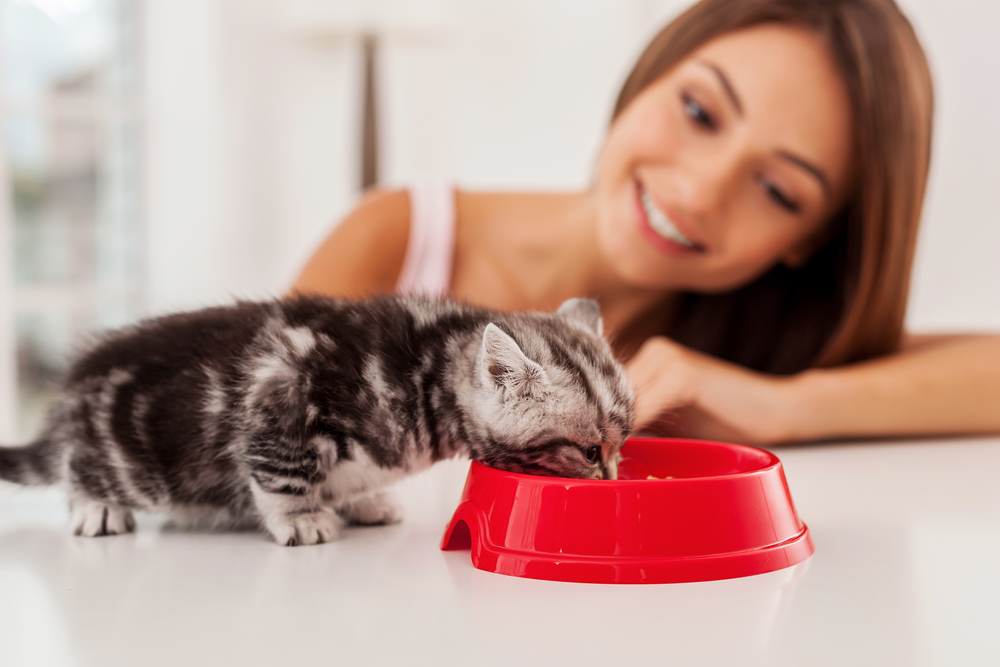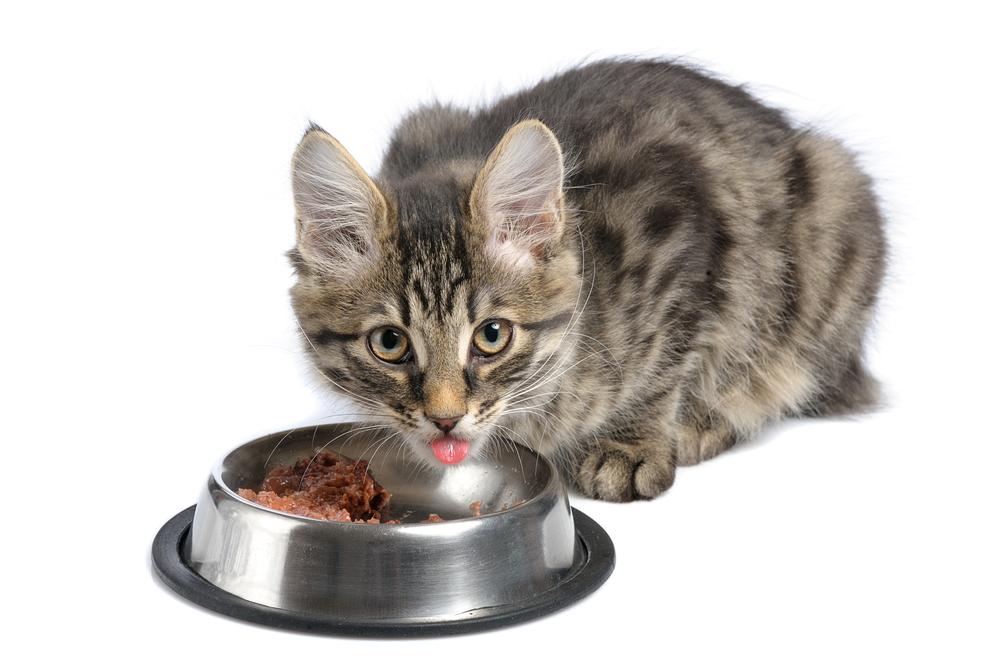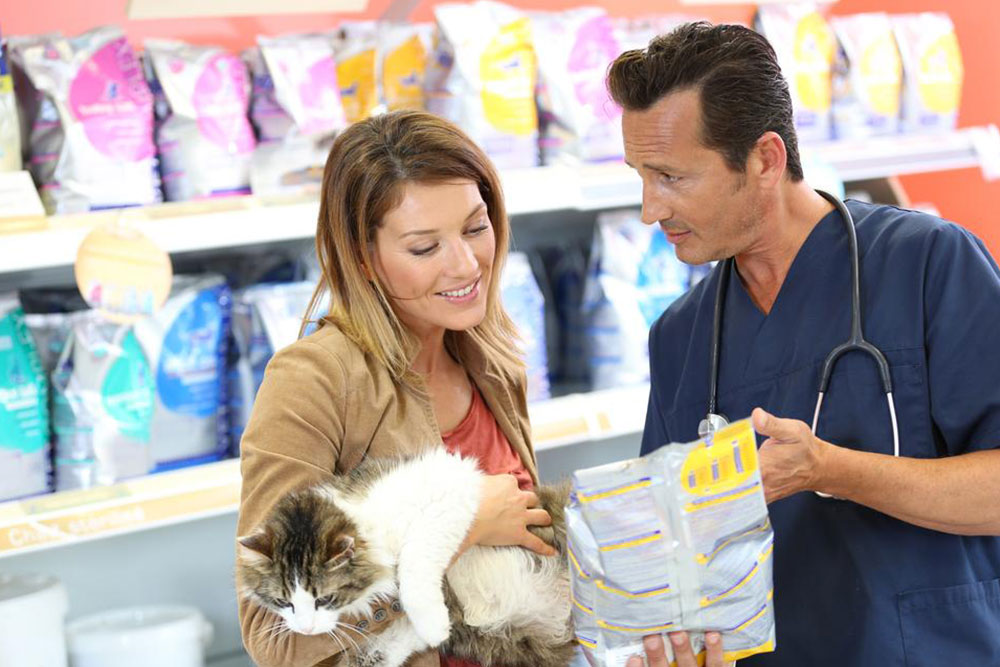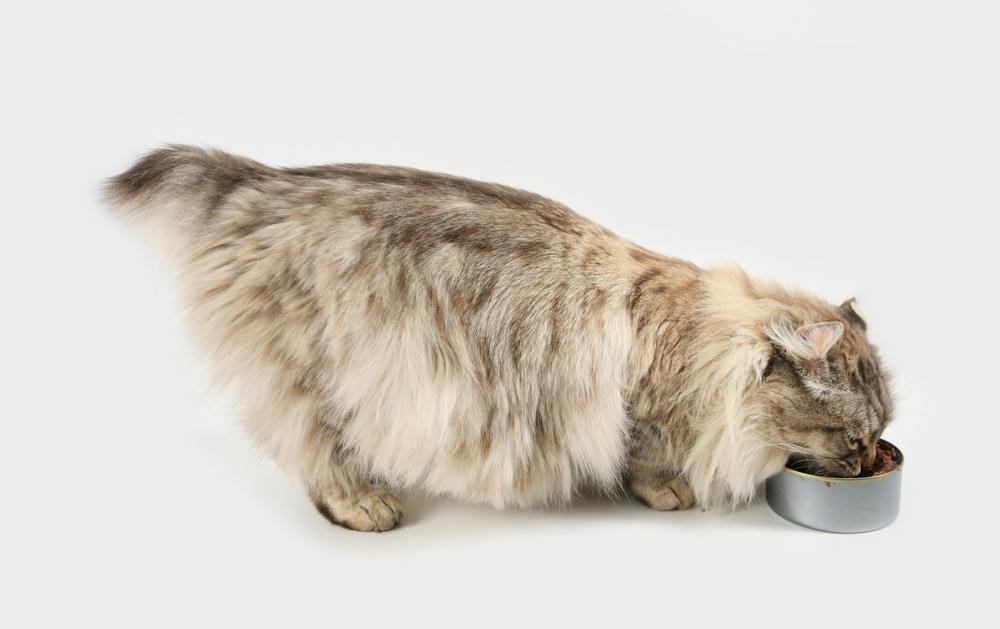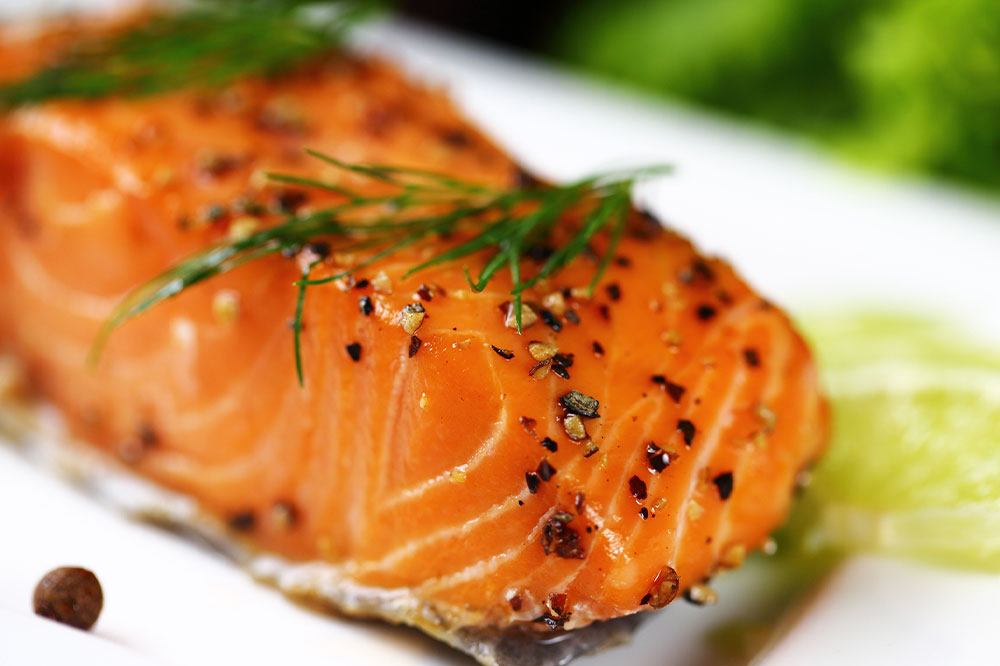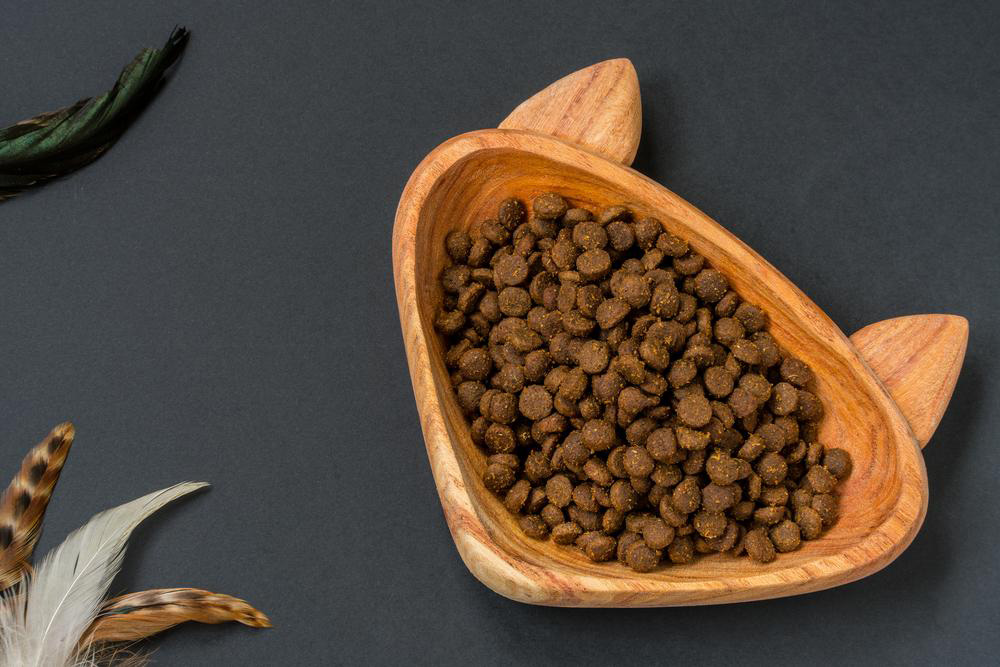Comprehensive Guide to Choosing the Best Nutritional Food for Your Indoor Cat
Discover how to choose the best nutritional food for your indoor cat to promote their health, vitality, and happiness. This comprehensive guide covers essential nutrients, age-specific needs, and expert tips for maintaining a balanced diet tailored to your feline's lifestyle. Learn how to select high-quality dry and wet foods, understand crucial ingredients like proteins and taurine, and ensure your pet's ongoing wellbeing with practical advice and industry standards. Keep your indoor cat thriving with informed dietary choices and attentive care.
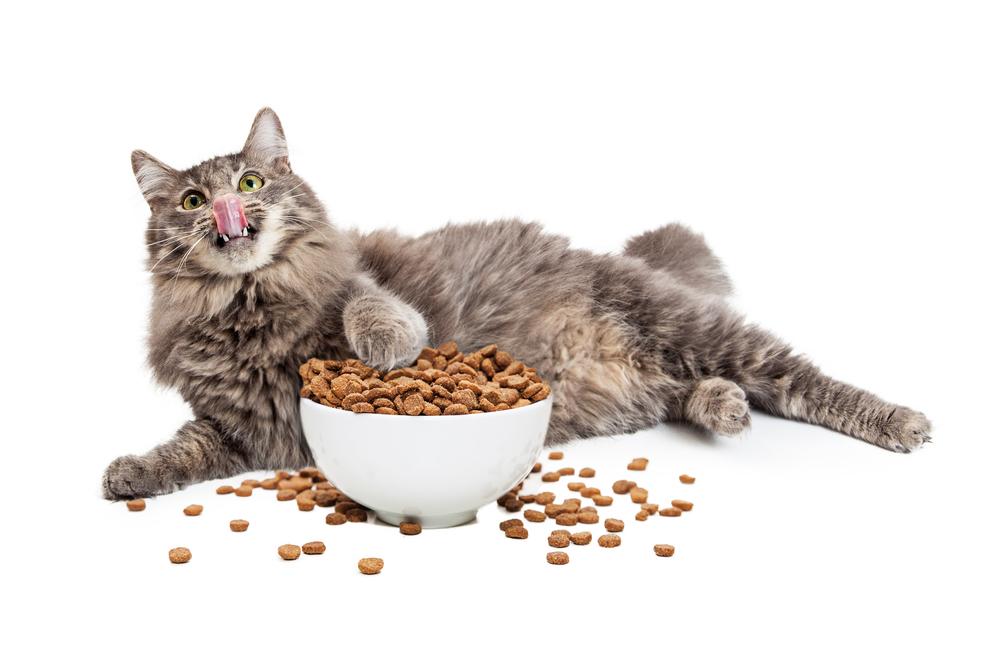
How to Select the Perfect Nutritional Food for Your Indoor Cat's Long-Term Health
Ensuring that your indoor feline receives a well-balanced and nutritious diet is fundamental for maintaining their overall health, vitality, and happiness. Cats, being obligate carnivores, depend heavily on animal-based proteins to meet their dietary requirements. Unlike omnivores or herbivores, vegetarian or vegan diets cannot provide all the essential nutrients cats need, making it critical to choose the right type of food tailored to their specific needs. Indoor cats often have different activity levels and metabolic rates compared to outdoor cats, which means their dietary needs can vary significantly. Providing the right food not only helps prevent common health issues but also promotes a healthy weight, supports an active lifestyle, and enhances their quality of life.
In this comprehensive guide, we will explore the essential nutrients your indoor cat requires, what to consider when choosing dry or wet food, and how to ensure your feline companion stays healthy and happy throughout their life.
Proteins:
Proteins are the building blocks of muscle and vital for overall health. Cats require a diet rich in animal-based proteins, with approximately 95% of their protein intake coming from high-quality sources such as poultry, beef, fish, and other meats. These amino acids are crucial for maintaining muscle mass, supporting organ function, and promoting a robust immune system. When selecting cat food, always check the ingredient list for named animal proteins to ensure your feline gets sufficient protein intake.
Fats:
Fats play a critical role in providing energy, supporting skin health, and maintaining a shiny, healthy coat. Omega-3 and omega-6 fatty acids are particularly beneficial, helping to reduce inflammation and support cognitive function. Good sources include fish oil, flaxseed, and chicken fat. Avoid foods with excessive fillers or unhealthy fats that might contribute to obesity or other health problems.
Fiber:
Dietary fiber is essential for proper digestive health. It helps regulate bowel movements, prevents constipation, and aids in maintaining a healthy weight. Look for foods that contain natural fiber sources like beet pulp, pumpkin, or cellulose to promote gastrointestinal health.
Vitamins & Minerals:
Vitamins such as A, E, K, and B-complex vitamins, along with minerals like calcium, phosphorus, and iodine, are vital for overall health, supporting vision, skin health, bone strength, and metabolic processes. Ensure the chosen food contains a balanced blend of essential micronutrients aligned with AAFCO standards to guarantee comprehensive nutrition.
Taurine:
One of the most critical amino acids for cats is taurine, which is indispensable for maintaining healthy vision, heart function, and reproductive health. Since cats cannot synthesize sufficient taurine on their own, the diet must include adequate amounts from animal sources or fortified foods. Lack of taurine can lead to serious health consequences such as blindness or heart disease.
Carbohydrates:
Unlike some pet diets, cats have a limited tolerance for carbohydrates and digest them less efficiently. When selecting dry foods, opt for options like Hill’s Science Diet that contain easily digestible carbohydrates. Avoid excessive grains, fruits, or vegetables that might cause digestive upset or lead to unwanted weight gain.
Age-Appropriate Nutrition:
Dietary needs change significantly from kittenhood to adulthood and senior years. Kittens and nursing mothers require higher caloric intake, increased fats, and proteins to support growth and milk production. Conversely, senior cats need lower-fat food to prevent obesity and related health issues. Tailoring your cat’s diet to their age ensures they get the right nutrients at every stage of life.
Feeding Tips & Restrictions:
To keep your cat interested in meals, consider providing a variety of textures like dry food in the morning and wet food at night. Always ensure fresh, clean water is available, ideally in an automatic water fountain that continuously refills. If you notice signs of dehydration or if your cat has health issues, switching to wet food can be beneficial. Avoid feeding table scraps or harmful items such as chocolate, onions, grapes, and raisins, which are toxic to cats. As your feline ages, gradually reduce lactose-containing foods, since tolerance decreases over time, and excess lactose can cause gastrointestinal upset.
In summary, selecting the right food for your indoor cat involves understanding their unique nutritional needs, age, activity level, and health status. Regularly consult with your veterinarian to modify their diet as necessary. Prioritize high-quality, balanced foods that are compliant with industry standards like AAFCO to ensure complete nutrition. With proper diet management, your indoor cat can enjoy a long, healthy, and active life, providing you with companionship and joy for years to come.
